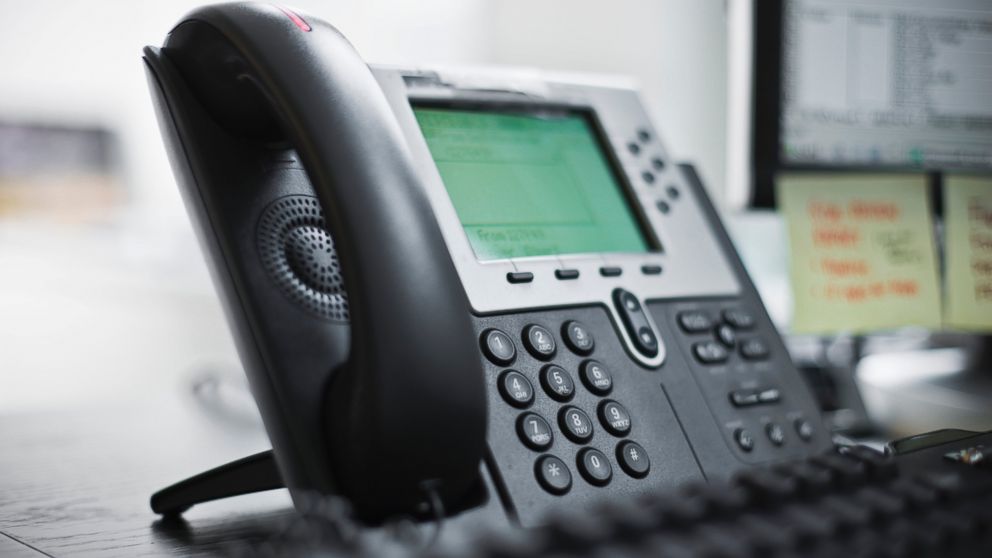After Scammers Hijack Man’s Phone Number, Angry Calls Come Twice a Minute
The ABC News Fixer on what you can do if your number is stolen.

— -- Dear ABC News Fixer: Scam artists have hijacked my phone number. They are spoofing my name and home phone number on people’s caller ID when they make calls. This has resulted in hundreds and hundreds of incoming calls to my landline from their angry victims.
I put a voice mail message on my phone trying to explain, but for days now, as soon as the first person hangs up someone else is calling – all wanting to know who I am and why I called them, though I never did call them. Some are threatening, making me worry about my family’s safety.
We cannot use our phone for incoming calls that could be from loved ones in an emergency. I have contacted the local police and the Federal Communications Commission. Both said there’s nothing they can do.
-Brent Lacy, Amarillo, Texas
Dear Brent: Thanks for opening a window into the other side of these telemarketing scams. We usually hear from the victims who lose money to these scam artists. You are the other victim – the guy whose number was used to trick people into thinking the caller was coming from Texas (and not whatever overseas location they were probably calling from).
When we spoke with you in mid-January, you were getting up to two calls a minute, beginning about 7:30 a.m. and stretching to 10 o’clock at night. You got hundreds and hundreds of calls a day – all from very angry people accusing you of running a scam.
The scammers were pretending to be from a state agency, often in Wisconsin, saying that the consumer owed a debt. In this type of scam, the bad guys typically operate in some unknown locale and get their victims to pay them funds through a prepaid money card or wire transfer. Using special calling technology, they are able to make a false phone number – yours – appear on the caller ID of their victims.
The calls got so bad, you moved your phone to another room, turned down the volume on the ringer and covered it with a blanket.
We reached out to your phone company, the FCC and the Federal Trade Commission to try to get you some relief. In the end, you decided to just shut down your landline number -- the same number you’ve had since for 37 years. You also filed a complaint with the FCC in hopes of giving information that will eventually bust the scammers.
Even then, the hassle continued with some of the angry consumers tracking down your mother’s number and calling her, apparently thinking her son was a scam artist.
What a mess.
The FTC is pushing for telephone companies to allow the use of new call-blocking technology, recognizing that many of these scam calls come from overseas where U.S. law enforcement can’t reach them.
The FTC also is trying to push industry groups to make spoofing more difficult.
As for people like you, whose telephone identities are stolen and used by the scammers, here’s some advice:
- Look into third-party VoIP (Voice Over Internet Protocol) carriers that might offer the ability to allow only certain numbers to go through to your home phone.
- Wait it out. Caller ID spoofers usually move on to a new number eventually, for fear of their calls being traced back to them, says Bikram Bandy, coordinator of the FTC’s Do Not Call program.
- Change or disconnect your number. It stinks to lose your number, especially if you’ve had it for a long time, but in extreme cases this may be the best solution.
- The ABC News Fixer




